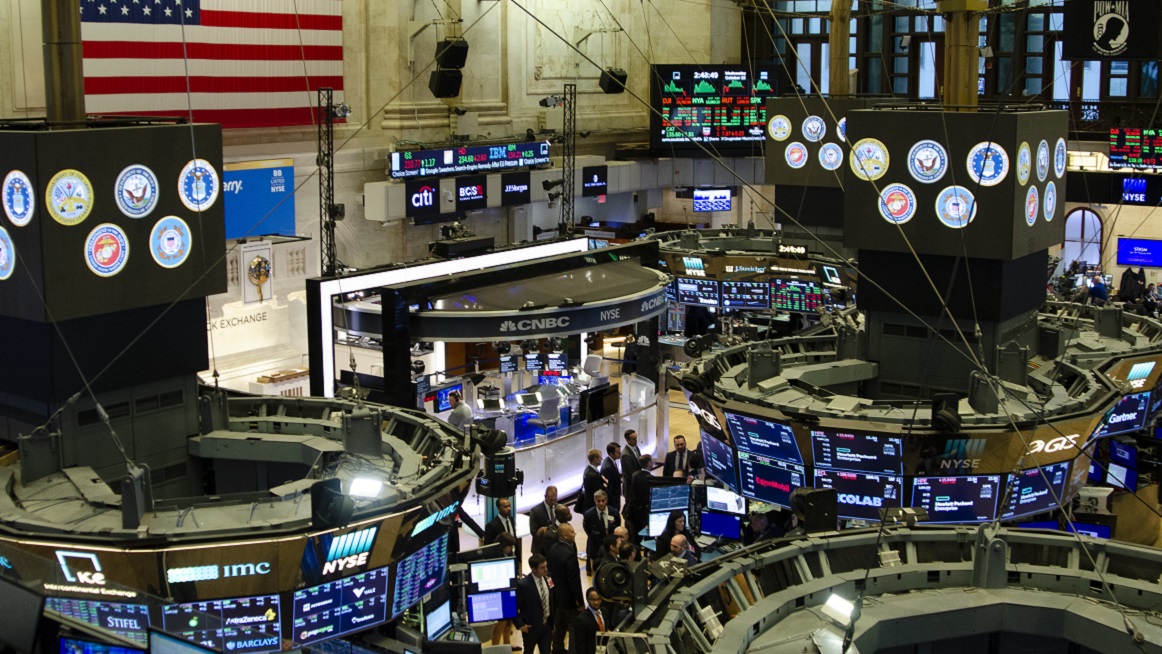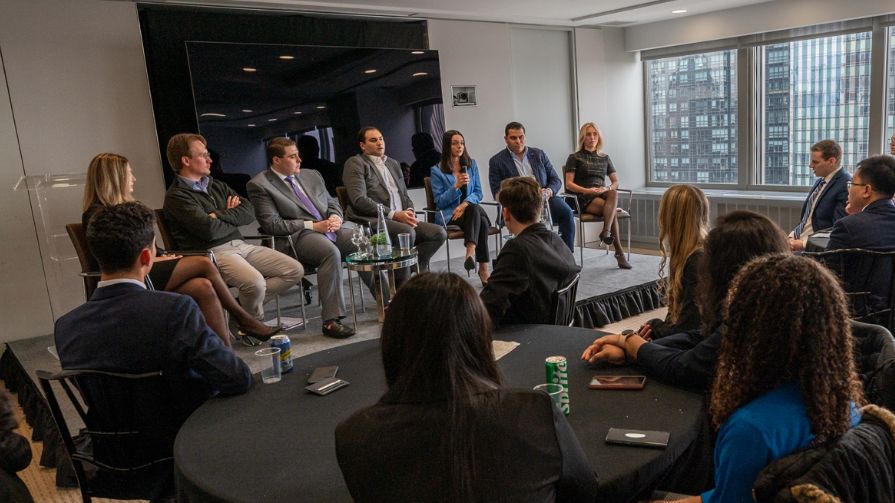By Peter J. Nigro, Ph.D., Bryant University Professor of Finance
 U.S. commercial banks are beginning to step up and take cues from both their international and domestic peers to combat the coronavirus. These unusual, and in some cases unprecedented, steps need to be replicated more widely to keep the global economy afloat.
U.S. commercial banks are beginning to step up and take cues from both their international and domestic peers to combat the coronavirus. These unusual, and in some cases unprecedented, steps need to be replicated more widely to keep the global economy afloat.
In the U.S., the Federal Reserve, the OCC and State regulators have all issued guidance and are encouraging the financial firms they regulate to meet the financial needs of their customers. Given what transpired during the Global Financial Crisis (GFC), these institutions appear ready to step up to help struggling consumers and businesses. Commercial banks appear more resilient this time around due to enhanced capital and liquidity rules implemented by Dodd-Frank.
Over the next few months, we can expect both Central Banks and the entities they regulate to take the necessary steps to minimize the duration of a recession.
Fed liquidity, rate cuts, and credit loosening
The Fed is doing its part to assist financial institutions in several ways. In addition to rate cuts, the Fed continues to pump liquidity into the market. This extends from the repo market to the recently announced Commercial paper funding facility and Primary Dealer Credit facility – tools that were first implemented during the GFC.
The Fed, however, should consider several other potential options to help commercial banks moving forward. For example, they should consider following the European Central Bank’s (ECB) lead by effectively paying commercial banks to issue loans to small and medium-size business. The ECB recently announced they would allow commercial banks to borrow as much money as they want for three months at a negative interest rate, meaning they don’t have to pay all principal back. Another potential option employed by the Hong Kong Monetary Authority that introduced a temporary freeze on principal repayment of residential and commercial mortgages and restructuring of repayment schedules for corporate loans.
These initiatives provide a ray of hope in a very turbulent and troubling time and can do some real good.
U.S. Banks - loan deferments, revised agreements, and fee reduction
Like their counterparts overseas, several U.S. banks have already taken initial steps to reduce the pain for both businesses and consumers dealing with the unprecedented shock of the coronavirus. These initiatives include working with struggling borrowers, allowing loan deferments, and reducing fees.
For example, Goldman Sachs’ commercial bank, Marcus, is instituting a month delay in loan payments. U.S. Bank is offering a “Simple” loan product that expedites the lending process and acts as an alternative to payday lenders. Finally, Citi is agreeing to waive monthly service fees for at least 30 days for retail banking customers and will also waive penalties for early CD withdrawals.
Commercial and Central banks are not the only ones taking steps to deal with the consumer debt problems. Steps are being taken at the local level as well. For example, New York Gov. Andrew Cuomo has temporarily suspended all medical and student debt owed to the state amid the corona crisis.
Intensifying challenges with workable solutions
Some of these steps may seem unrealistic to many, but the number of unemployment claims over the past few days is unprecedented. For example, according to Ohio Senator Sherrod Brown on twitter, unemployment claims in his state were 536 last Sunday, and reached 11,995 this Sunday, surging to 36,645 on Monday. They are not alone. Treasury Secretary Mnuchin even suggested that the national unemployment rate could hit 20 percent. The challenges are real and intensifying quickly. We don’t need to wait for more devastation before we take measures that we know will provide big relief for both individuals and businesses.
Ray of hope
Over the next few months, we can expect both Central Banks and the entities they regulate to take the necessary steps to minimize the duration of a recession. They all can learn from each other and replicate best practices. These initiatives provide a ray of hope in a very turbulent and troubling time and can do some real good.
Peter Nigro, Ph.D., is a Professor of Finance at Bryant University. He previously served as an economist with the Office of the Comptroller of the Currency in Washington, D.C, which regulates all national banks. He is an expert on the Federal Reserve, monetary and fiscal policy, financial saving, credit risk, and fair lending issues. His other media contributions include MarketWatch, U.S. News and World Report, The Street, and International Business Times.






